 Safaris
Bergsteigen
Wandern
Inselwandern Weltweit
Safaris
Bergsteigen
Wandern
Inselwandern Weltweit
 Europa
Inselwandern
Europa
Inselwandern
 Städtewandern
Städtewandern
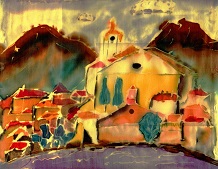 Paintings
Paintings  Dirk Rauschenbach
Dirk Rauschenbach
 Safaris
Bergsteigen
Wandern
Inselwandern Weltweit
Safaris
Bergsteigen
Wandern
Inselwandern Weltweit
|
 Europa
Inselwandern
Europa
Inselwandern
|
 Städtewandern
Städtewandern
|
 Paintings
Paintings |
 Dirk Rauschenbach
Dirk Rauschenbach
|
|
zurück zurück Porches armacao de pera Edelstahl Kunst von Carlos de Oliveira
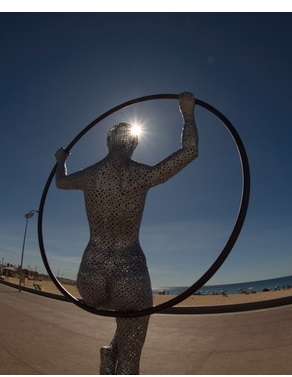 |
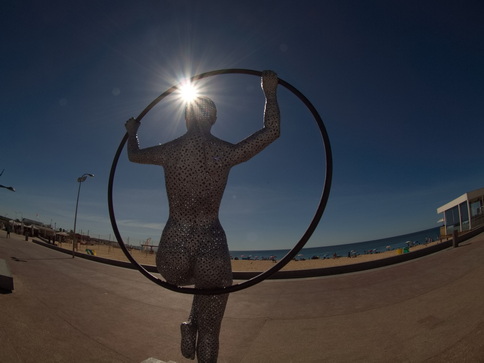 |
| armacao de pera Vamos a Pe | armacao de pera Wanderung Küstenkunst weg Edelstahl Kunst von Carlos de Oliveira |
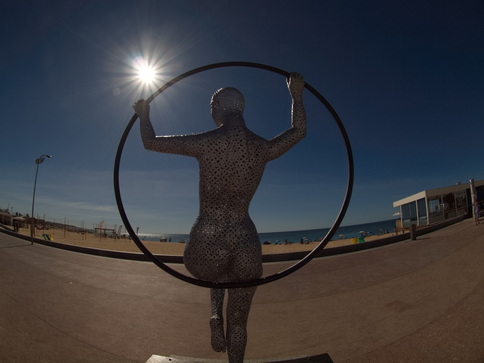 |
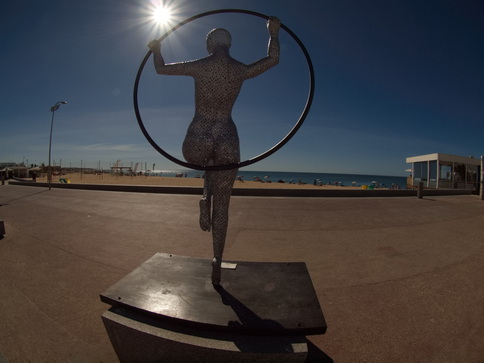 |
| armacao de pera Vamos a Pe | armacao de pera Wanderung Küstenweg |
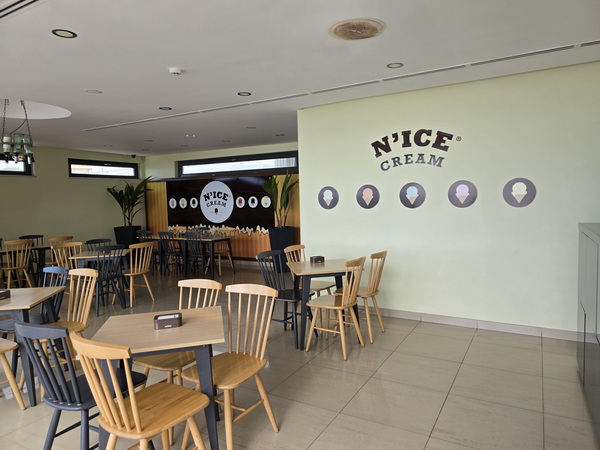 |
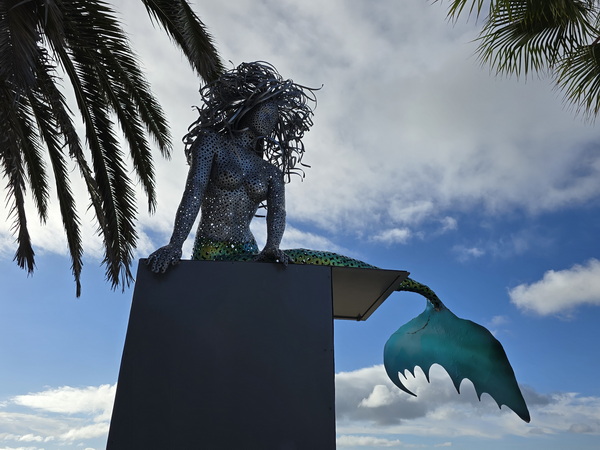 |
| N Ice Cream Eissalon | armaceoironmosaik Mermaid Meerjungfrau Skulptur |
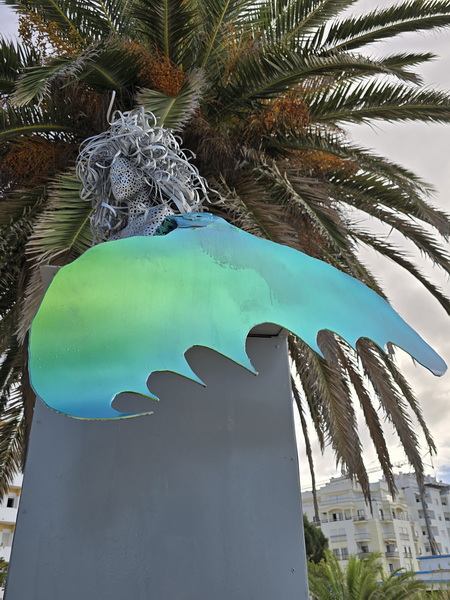 |
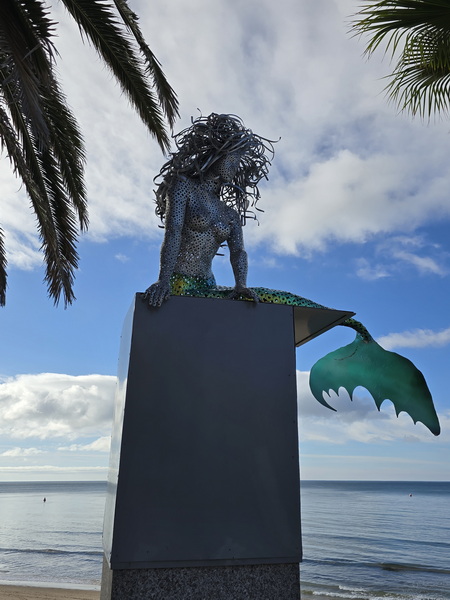 |
| armaceoironmosaik Mermaid Meerjungfrau SkulpturEdelstahl Kunst von Carlos de Oliveira | Meerjungfrau mermaid mit Sehnsucht nach Meer Edelstahl Kunst von Carlos de Oliveira |
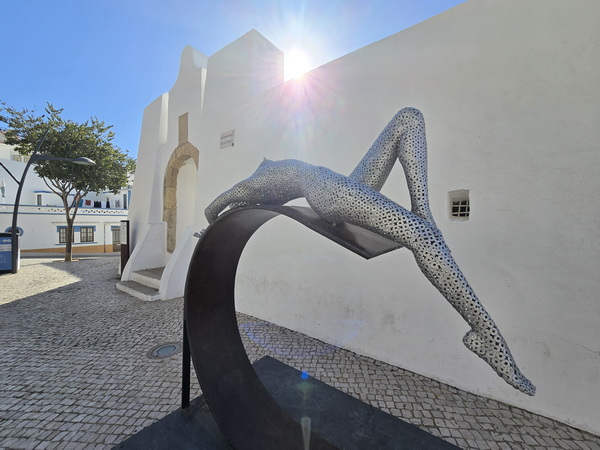 |
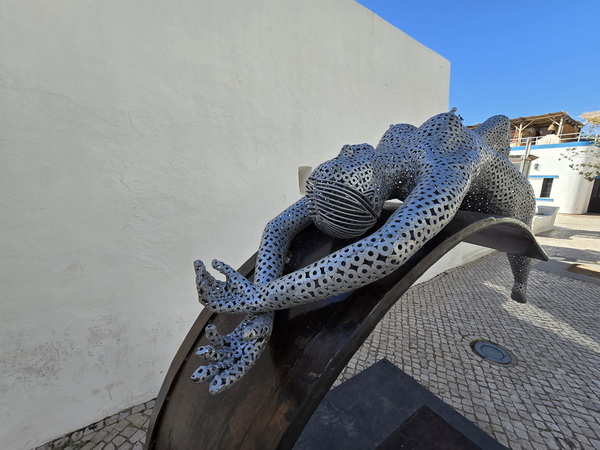 |
| Meerjungfrau mermaid mit Sehnsucht nach Meer Edelstahl Kunst von Carlos de Oliveira | Meerjungfrau mermaid mit Sehnsucht nach Meer Edelstahl Kunst von Carlos de Oliveira |
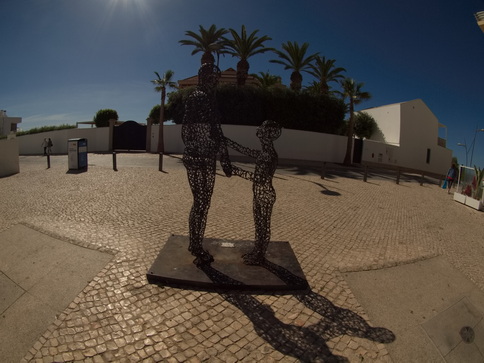 |
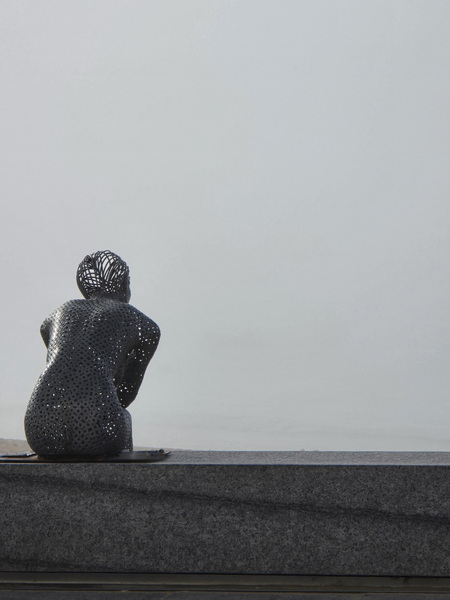 |
| armacao de pera Vamos a Pe | armacao de pera Wanderung Küstenweg |
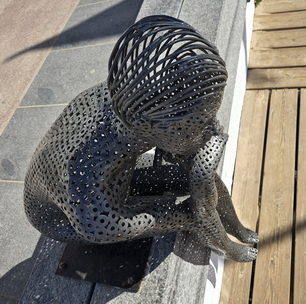 |
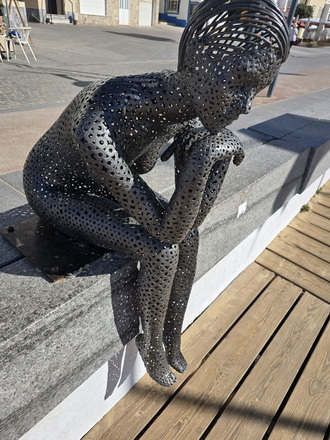 |
| armacao de pera Vamos a Pe Kunstweg | armacao de pera Wanderung Küstenkunstweg |
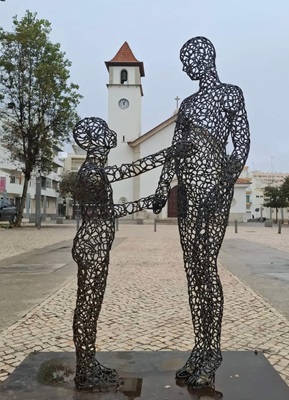 |
Carlos de Oliveira (1921–1981) was a prominent Portuguese writer known for his contributions to Portuguese literature. His work is often associated with the literary movement of neo-realism, which was prevalent in Portugal in the mid-20th century. Neo-realism in Portugal was influenced by the social, political, and economic issues of the time, particularly the effects of poverty, class struggle, and the oppressive nature of the Estado Novo regime (a dictatorial regime in Portugal that lasted from 1933 to 1974). Key Points about Carlos de Oliveira:
Conclusion:Carlos de Oliveira is a significant figure in Portuguese literature, particularly for his contributions to the neo-realist movement and his portrayal of the social and economic realities of life in rural Portugal. His works continue to be read and studied, offering valuable insights into the socio-political landscape of mid-20th-century Portugal. |
| Paar vor der Kirche armacaodepera |
![]() 16.11.25 Copyright Dirk
Rauschenbach Koelnerstrasse 293 51702 Bergneustadt
Datenschutzerklaerung 02261 9788972 Mail ccooly(
at) web.de
16.11.25 Copyright Dirk
Rauschenbach Koelnerstrasse 293 51702 Bergneustadt
Datenschutzerklaerung 02261 9788972 Mail ccooly(
at) web.de